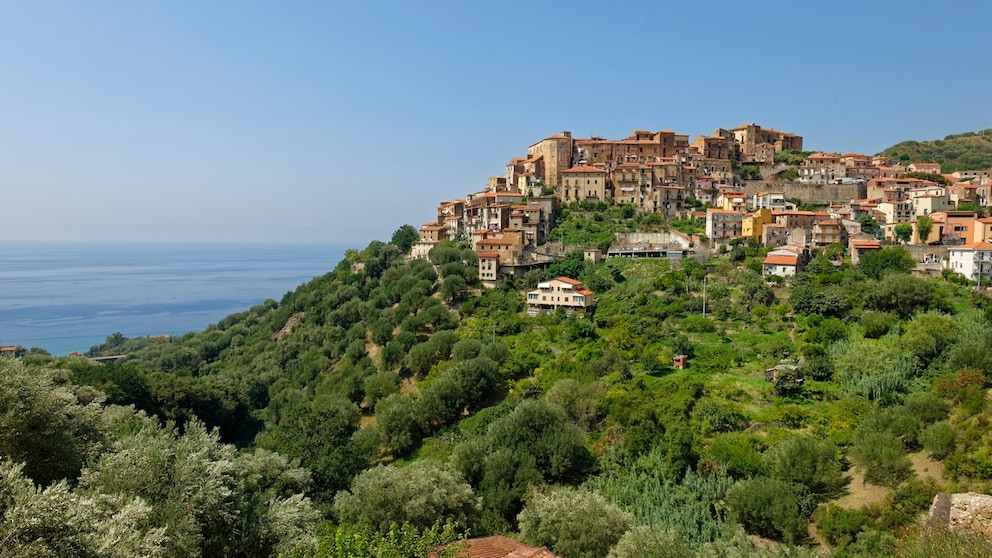February 26, 2025, 3:26 pm | Read time: 5 minutes
From Positano to Ravello: with its beautiful beaches, dramatic cliffs, and picturesque towns, the region around the popular Amalfi Coast is no longer a hidden gem. However, far away from expensive luxury hotels and mass tourism, there is another destination in the south of Italy that is not only less crowded but also at least as beautiful as its well-known competitors.
Visually, the Cilento region resembles the famous Amalfi Coast. Small seaside resorts and mountain villages can also be found here. But while the well-known towns of Positano, Ravello, and Amalfi regularly bustle with tourists, prices skyrocket accordingly, and things are much quieter in Cilento. TRAVELBOOK introduces you to the most beautiful places that the Cilento region has to offer.
Overview
Cilento — Picturesque Region in the South of Italy
Located in southern Italy within the Salerno province, the Cilento region stretches from Paestum in the north to the Gulf of Policastro. While the coast with the Tyrrhenian Sea stretches out to the west of the region, quaint villages await in the mountainous hinterland. At the same time, this part of the Mediterranean offers an impressive natural landscape of crystal-clear water, lush olive groves, and various cultural highlights.
Parts of the Cilento National Park have been designated not only as a nature reserve but also as a UNESCO World Heritage Site. In addition to idyllic beaches, nature lovers can explore Cilento on hiking trails that lead through hills, mountains, and along steep cliffs. Lovers of architecture and culture can expect a multitude of winding alleyways, impressive buildings, and historical monuments.
The Most Beautiful Places in Cilento
Marina di Camerota
The former fishing village of Marina di Camerota is located on the Cilento coast, directly on the Tyrrhenian Sea, and around 6 kilometers southwest of Camerota. Beach enthusiasts will find their paradise here, getting great value for their vacation. According to
“Italien.de,” it is one of the most popular beach resorts in the region. These include Cala Bianca, a bay surrounded by rocks with crystal-clear water and a white sandy beach, which can only be reached on foot or by boat. The village’s heart, with its church square Piazza S. Domenico, quaint fishing port, and medieval alleyways, invites visitors on extensive exploratory tours.
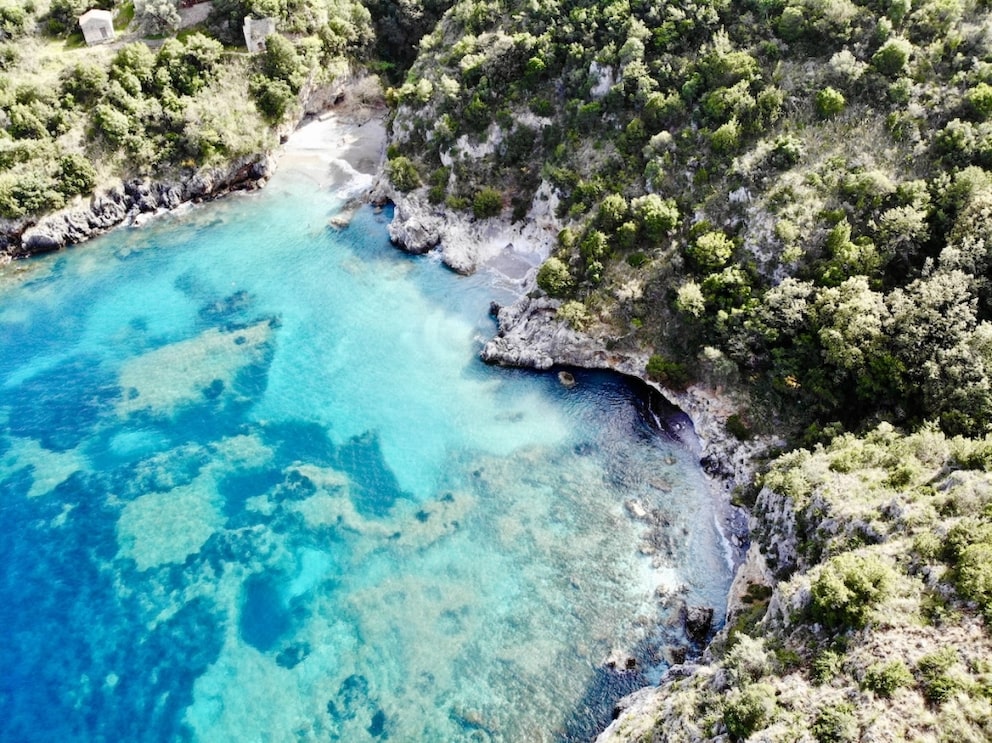
Santa Maria di Castellabate
Another highlight in the Cilento region is the coastal town of Santa Maria, which is one of the three coastal towns in the municipality of Castellabate. In the town center of Cilento’s first seaside resort, the Santa Maria pedestrian zone leads past Mediterranean alleyways, small cafés and boutiques. In addition, the “Madonnina” — a statue of a saint who watches over the beach and the townspeople — can be found on the town beach next to the clear water. The popular seaside resort also served as the backdrop for the 2010 film comedy Welcome to the South, in which the town’s moated castle can be seen, among other things.
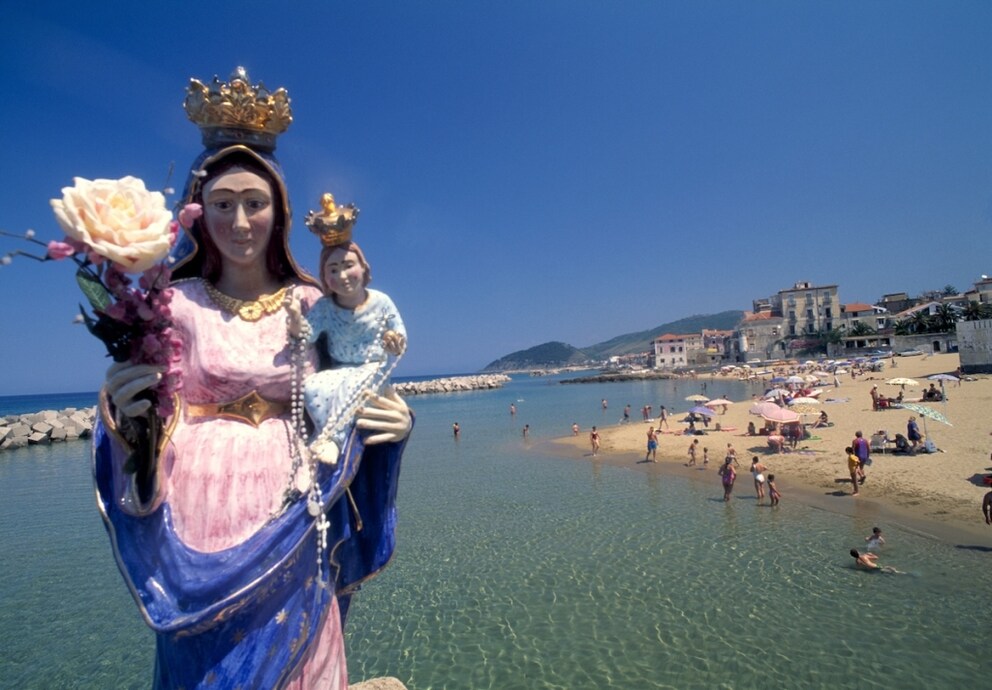
Agropoli
Agropoli, the largest town in Cilento, nestles on the northern fringe of the Cilento National Park. Similar to Amalfi, the old town is perched on a hill overlooking the sea and offers sweeping views of the Tyrrhenian Sea. While it may not boast the luxury of its more famous counterparts, Agropoli offers a diversity that rivals any, complete with the quintessential Italian flair. In addition to an impressive view, the wide beach promenade and the modern town center invite you to shop and stroll.
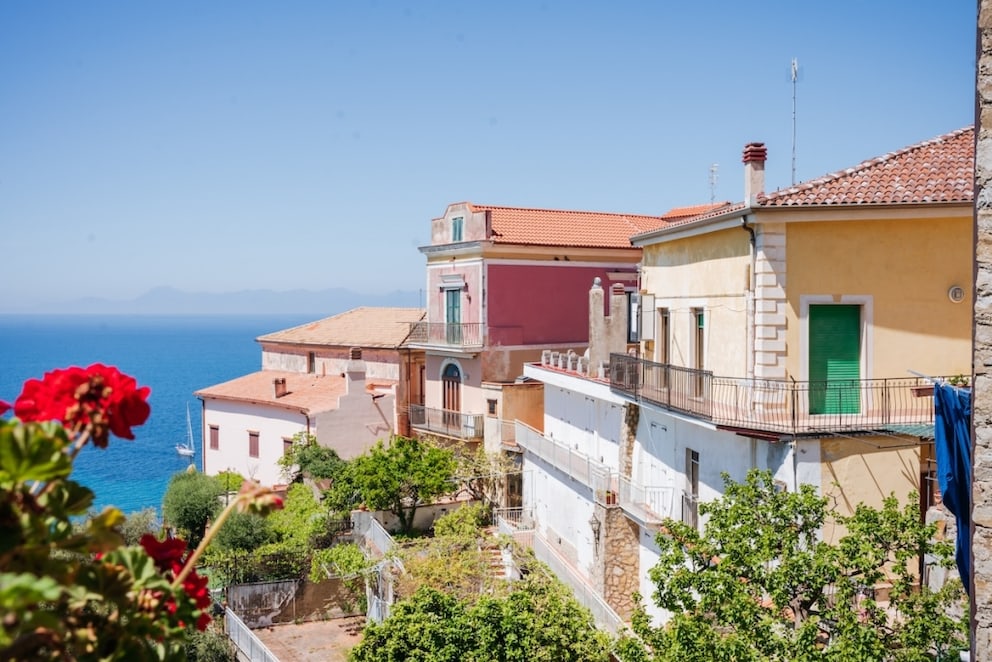
Capaccio and Paestum
For those seeking architectural marvels on their Cilento journey, the town of Capaccio is a treasure trove. Around 35 minutes south of Salerno, very close to Agropoli, the town is primarily known for its archaeological sites of Paestum, which are also part of the UNESCO World Heritage Site. These include the three Greek temples of Hera, Athena, and Neptune, which, according to “Lust for Italy,” was built in the middle of the 5th century BC. Other historical sites, such as an amphitheater and the town walls, can also be visited. In addition to its cultural diversity, Paestum also offers the opportunity to go swimming on its beaches.
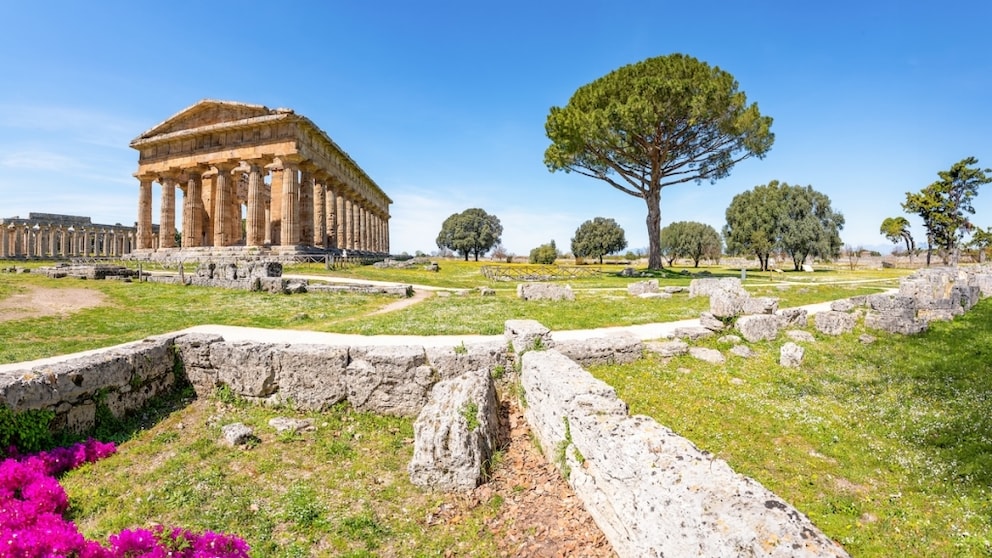
Scario
Scario, a fishing village within the municipality of San Giovanni a Piro, remains largely untouched by tourism. The simple yet impressive church of San Giovanni Battista, which forms the center of the village, catches the eye on the main square in the center of town. Although the village has no direct bathing spots, boat trips across the crystal-clear sea are possible from the harbor. From the “Torre dello Zancale,” a former watchtower, you can also enjoy a far-reaching view over the sea. At the same time, well-known rock caves, including the “Grotte degli uccelli,” can also be explored in Scario.
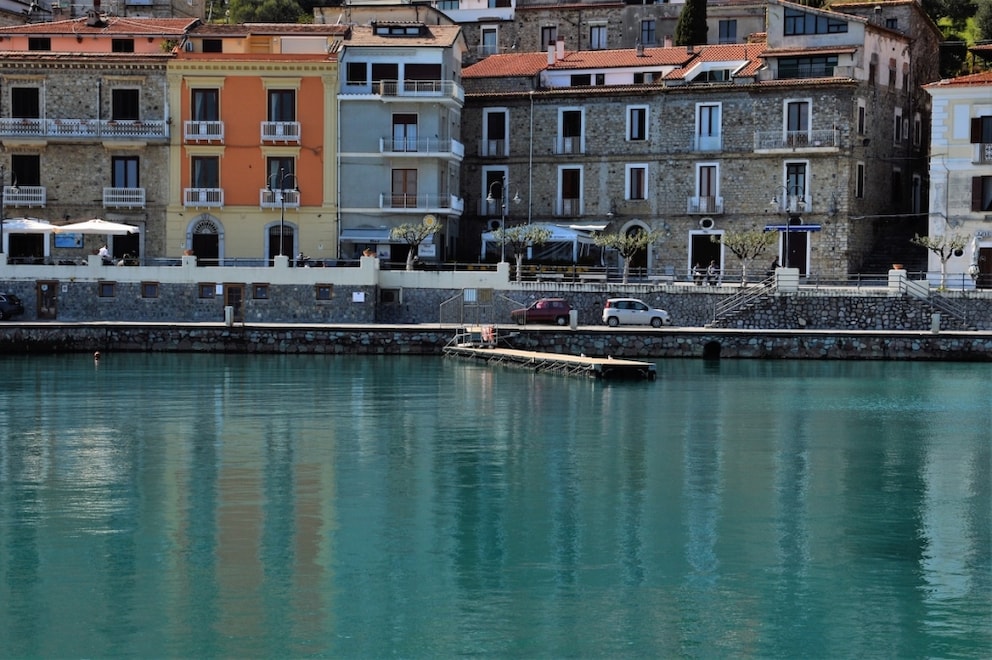
Palinuro
An alternative to the famous Blue Grotto in Capri can be found in the port town of Palinuro in the heart of the Cilento National Park. Here, in addition to Cape Palinuro (Capo Palinuro), which juts out into the sea, there are also various caves. For example, there is the Blue Grotto (Grotta Azzurra), in which the water glows a mystical blue due to the reflected sunlight. The Grotta del Sangue (Grotto of Blood) and the Grotta d’Argento (Silver Grotto) also impress with their magical colors. Additionally, the town boasts a selection of inviting beaches and bays perfect for a refreshing dip.

Hidden gem Paros This Greek Island Is as Beautiful as Santorini, but Cheaper

The tip of Italy's boot Why Calabria is also worth a trip in winter

Autumn vacation in the Gulf of Naples Why October is the most beautiful month on Capri
Getting to Cilento
If you want to travel to Cilento, you have several options. The quickest way is by plane via Naples Airport, from where there are bus connections to the region. Alternatively, you can travel by train — also via Naples. Alternatively, the region is accessible by car. The route leads from Germany via Switzerland or Austria through northern Italy to the south.

